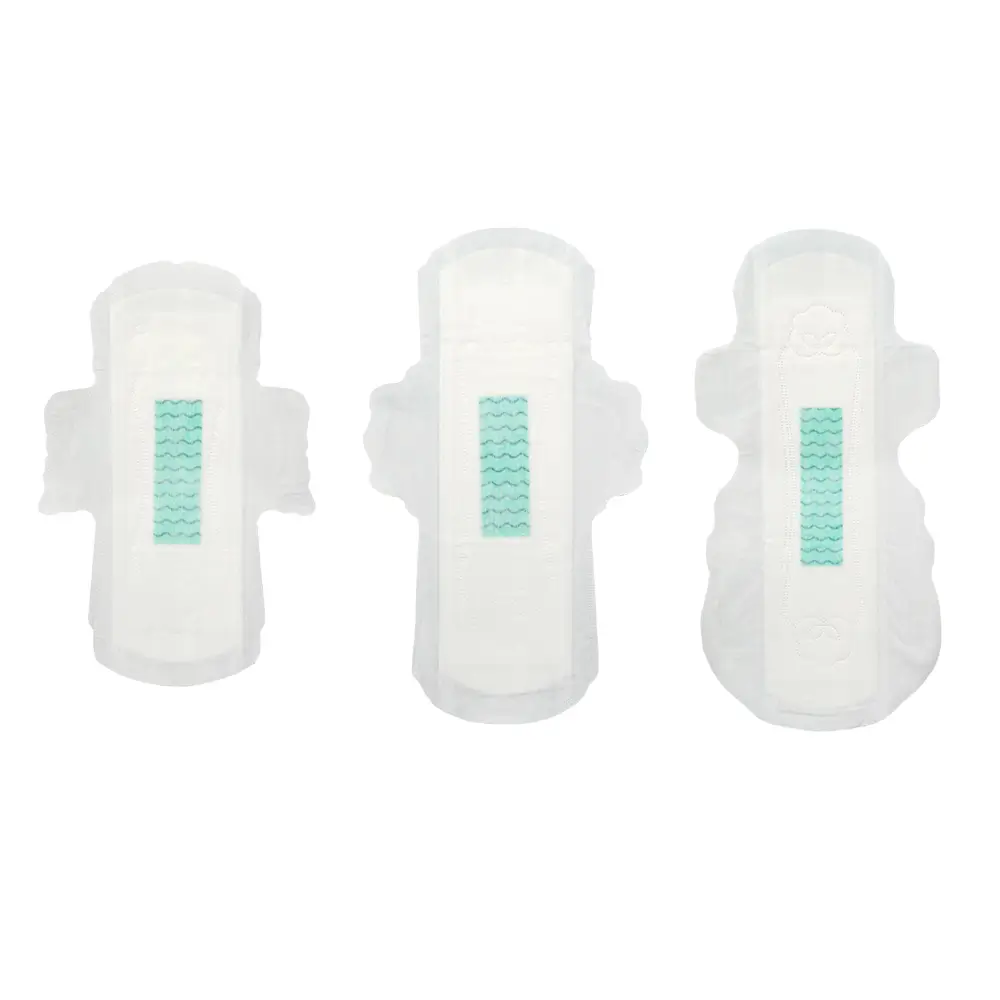As global awareness of sustainability grows, many businesses are re-evaluating the environmental footprint of hygiene products. This includes essential items like pads and tampons, which are widely used but often criticized for waste generation. In the field of feminine care manufacturing, Tayue has focused on developing solutions that meet both performance standards and sustainability expectations, offering sanitary pads wholesale services for partners worldwide.
Understanding the Environmental Concerns
Traditional pads and tampons are often made from plastic-based materials, which can take decades to decompose. Additionally, packaging and adhesive components contribute to non-biodegradable waste. Businesses aiming to reduce environmental impact must therefore consider sustainable sourcing and design improvements. Tayue addresses these concerns through innovative product structures and material choices, helping distributors and private labels introduce environmentally considerate hygiene products to their markets.
Product Design and Sustainable Features
The sanitary pads available from Tayue include Anion Sanitary Pads, featuring a hot-air top sheet, leak guard, and ultra-thin absorbent core made from imported SAP and tissue paper. These materials are chosen to provide high absorbency and comfort while optimizing resource efficiency. Their pads and tampons alternatives incorporate breathable back sheets and individual PE wrappers that maintain hygiene standards during shipping and storage. By refining material selection, Tayue supports businesses in offering sanitary products that align with modern sustainability goals through reliable sanitary pads wholesale supply.
Moving Toward Responsible Manufacturing
For companies in the hygiene industry, environmental responsibility extends beyond product composition. Efficient production lines, responsible sourcing, and packaging innovation all contribute to a more sustainable supply chain. Tayue integrates these principles into their OEM and ODM services, enabling partners to design and distribute products that respond to growing consumer demand for environmentally conscious options.
Conclusion
While pads and tampons have traditionally been seen as environmental challenges, manufacturers like Tayue demonstrate that progress is possible through thoughtful design and material innovation. Their sanitary pads wholesale program allows brands to deliver quality feminine hygiene products with a reduced ecological footprint. By choosing partners who prioritize sustainability, businesses can move closer to a future where hygiene and environmental care coexist responsibly.


